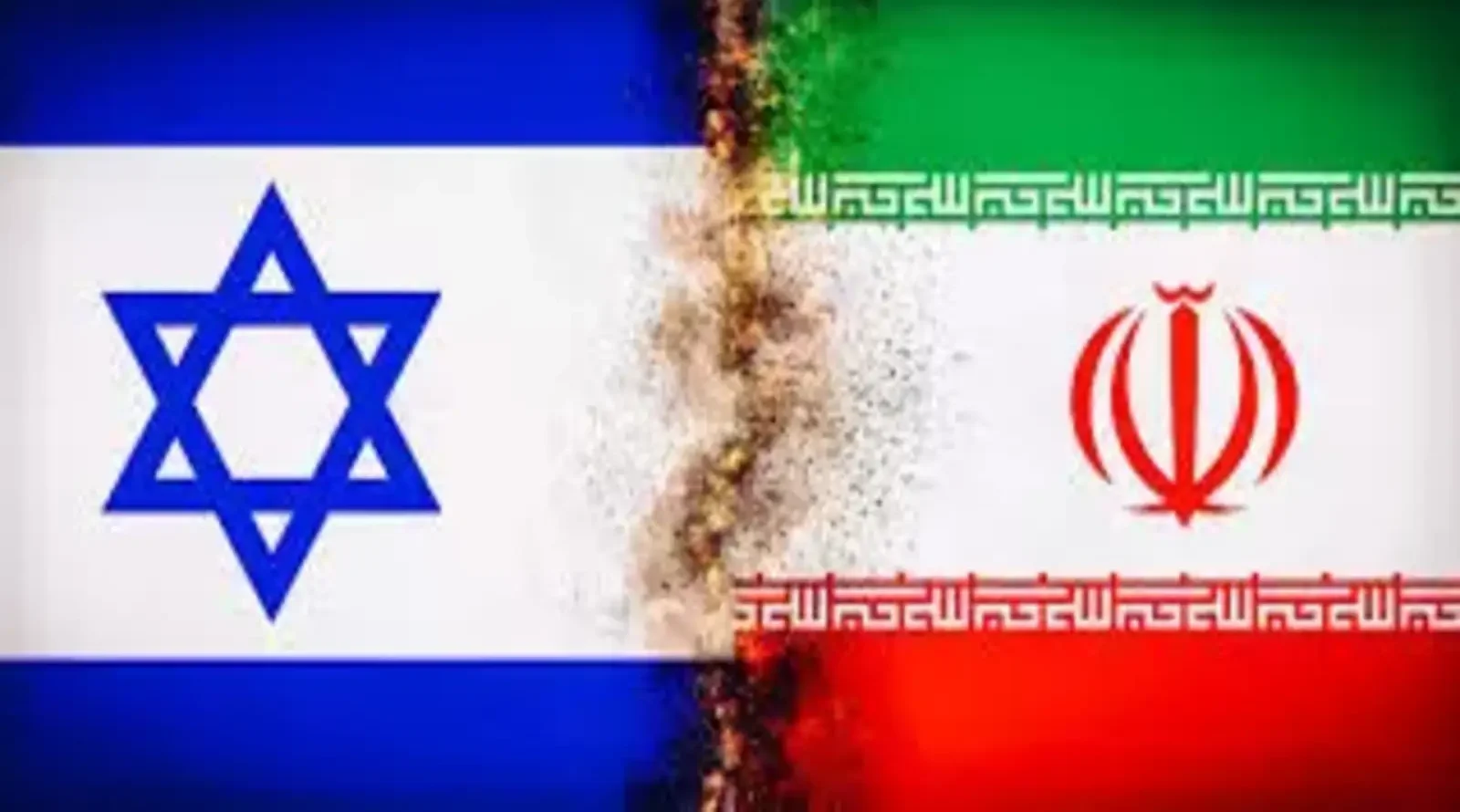As the Israel-Iran conflict intensifies into its sixth consecutive day, the situation in the Middle East has reached a critical tipping point. With rising casualties, global diplomatic pressure, and fresh threats from leaders, both sides show no signs of backing down from what is now being recognized as the most dangerous escalation between the regional rivals in decades.
The conflict began last Friday with Israel’s surprise launch of “Operation Rising Lion,” targeting Iran’s nuclear infrastructure. The move was described by Israeli Prime Minister Benjamin Netanyahu as a “targeted military operation” to eliminate what he referred to as an “existential threat.” Since then, both nations have engaged in a relentless exchange of airstrikes and missile attacks.
According to official figures, Iran has borne the brunt of the conflict’s casualties. At least 224 people have been confirmed dead in Iran, including 70 women and children, with over 1,277 others injured. Meanwhile, Israel reports 24 dead and over 390 wounded as emergency crews continue rescue operations in major cities like Tel Aviv and Jerusalem.
Fresh Strikes and Rising Fears
Israel launched another wave of airstrikes on Tuesday, targeting Iranian military and nuclear installations in western Iran. Clouds of smoke were seen over Isfahan and surrounding regions shortly after the attacks. Netanyahu claimed that these strikes have set Iran’s nuclear program back significantly, targeting major facilities in Natanz, Isfahan, and Fordow.
Netanyahu said in a televised address: “We have total aerial dominance. Iran’s nuclear ambitions have been deeply damaged. We will not stop until the threat is neutralized.”
Iran’s Retaliation and Supreme Leader’s Warning
Iran responded late Friday with a barrage of ballistic missiles aimed at Israeli population centers. Explosions were reported across Jerusalem and Tel Aviv, triggering panic among residents and forcing many into shelters. Iranian Supreme Leader Ayatollah Ali Khamenei issued a fiery statement, vowing revenge. “We will not allow them to escape safely from this great crime they committed,” he said.
The Islamic Revolutionary Guard Corps (IRGC) has reportedly mobilized additional units to the western borders, raising fears of further escalation.
US Shuts Embassy, Issues Evacuation Alerts
The United States has responded to the deteriorating situation by shutting down its embassy in Jerusalem and ordering all non-essential personnel and citizens to evacuate. President Donald Trump, who cut short his G7 summit trip in Canada, issued a stern warning to Iran via his Truth Social platform.
“The U.S. knows where Ayatollah Khamenei is. He’s an easy target — but we won’t take him out, at least not for now,” Trump wrote. He continued by demanding Iran’s “UNCONDITIONAL SURRENDER” and warned against any attacks on U.S. troops or civilians, stating that “American patience is running out.”
Trump also claimed, “We have total control of the skies over Iran,” and urged Iranians to evacuate Tehran, highlighting risks to the city’s nearly 10 million residents. He stressed that he’s not seeking a temporary truce, but a “real end” to the conflict.
Global Response and G7 Intervention
World leaders attending the G7 summit issued a joint statement urging de-escalation while reaffirming support for Israel’s right to self-defense. The statement also condemned Iran’s continued nuclear enrichment activities.
French President Emmanuel Macron revealed that the U.S. had offered terms for a ceasefire, though no formal acceptance has been confirmed by either side. “There is indeed an offer to meet and exchange,” Macron said, adding, “This conflict must not spiral into a larger regional war.”
Humanitarian Crisis Mounts
The humanitarian fallout is growing rapidly. Thousands of civilians are fleeing Tehran and other Iranian cities, clogging highways leading north to the Caspian Sea. Fuel shortages and ATM withdrawal limits have worsened the panic. Meanwhile, Israel’s Ben Gurion Airport remains shut, leaving over 50,000 citizens stranded abroad.
Israel has urged its citizens to seek shelter, warning of further attacks as objectives have not yet been achieved. Netanyahu reiterated that the operation is solely targeting military and nuclear infrastructure, not the Iranian people.
What Lies Ahead?
As the Israel-Iran war enters its sixth day, the likelihood of a ceasefire seems dim. With both nations standing firm and global powers scrambling to contain the fallout, the next 24–48 hours could prove decisive. The world watches anxiously as the Middle East inches closer to a broader and potentially uncontrollable conflict.
Stay tuned for more live updates on the evolving Israel-Iran conflict.







